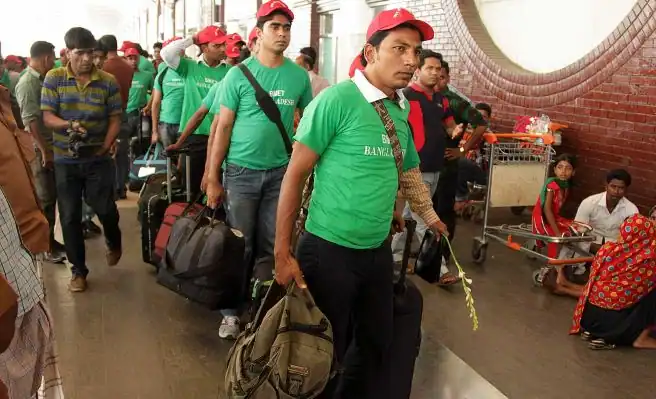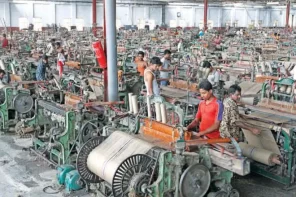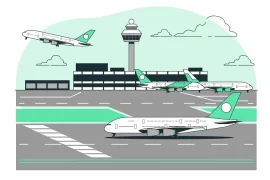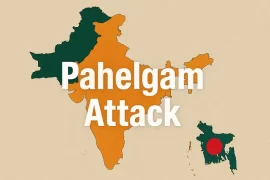The Ministry of Expatriates’ Welfare and Overseas Employment (MoEWOE) in Bangladesh has drafted the National Reintegration Policy for Migrants in an effort to support orderly migration governance and enable returning migrants to contribute to the country’s development as “dignified and capacitated citizens.” The policy is a key part of the government’s commitment to supporting and protecting the rights and dignity of migrants.

The draft version of the National Reintegration Policy for Migrants has five objectives, all of which focus on ensuring the dignified and safe return of migrants and their effective reintegration into society. These objectives include creating opportunities for skill enhancement and productive livelihoods, such as employment and entrepreneurship, promoting the physical and psychological well-being of migrants, and involving all stakeholders in the migration-related policy and decision-making process to promote sustainable migration governance.
The draft National Reintegration Policy for Migrants is based on nine core principles: it is centered on migrants, rights-based, covers all stages of migration, emphasizes the importance of mainstreaming reintegration, is inclusive, evidence-based, and is intended to be a living policy document.
The policy directives in the draft include eight measures that cover social and economic reintegration and the physical and psychological well-being of migrants.
The draft National Reintegration Policy for Migrants includes policy measures that are not always straightforward in their understanding and meaning. For example, the policy directive to ‘mitigate the social cost of migration including ensuring migrants at all stages of the migration cycle have access to the resources needed to develop care plans for their children, elderly, family members left behind, and dependent people with disabilities (PWDs) and access to alternative dispute resolution and local mediation where applicable, with the involvement of local government, CSOs, and other community networks’ could benefit from more specification and clarification. Additionally, the draft policy does not clearly outline the implementation process for these policy directives.
There is also a lack of clarity regarding the coordination and management of the reintegration process.
The PROTTASHA (BANGLADESH: SUSTAINABLE REINTEGRATION AND IMPROVED MIGRATION GOVERNANCE) project, a four-year initiative funded by the European Union and implemented by the International Organization for Migration in association with the BRAC Migration Programme, has contributed to the reintegration program in Bangladesh. As a result, it was expected that the draft National Reintegration Policy for Migrants would be informed and enriched by the insights and outcomes of this project.
The draft National Reintegration Policy for Migrants should have been more dynamic and responsive to the needs of migrants, considering the significant role that migration and remittances play as a source of foreign currency in Bangladesh.
According to feedback received at the close of the PROTTASHA project on December 13, 2022, returned migrants identified flaws in the existing migration governance system, particularly with regard to the Bureau of Manpower, Employment and Training (BMET). In response, BMET officials encouraged aspiring migrants to prioritize their own safety before proceeding with migration.
During the closing ceremony of the PROTTASHA project, stakeholders appealed for the inclusion of migrants’ employer countries and global humanitarian agencies, such as UN agencies focused on migration and human rights, in efforts to ensure the safe departure of migrants as the first step towards their dignified and safe reintegration.







